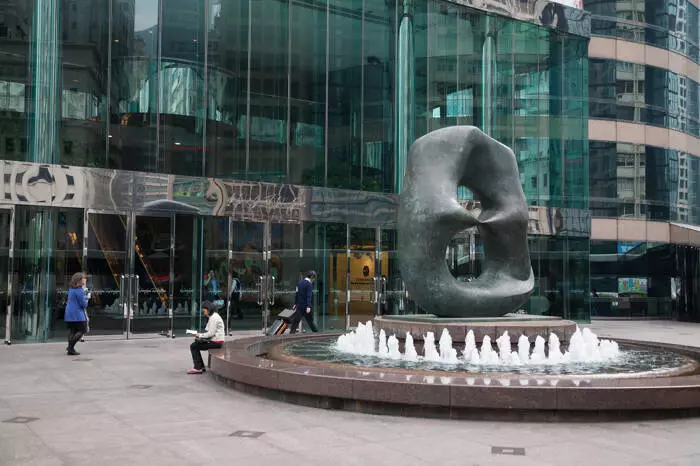The Hang Seng Index has continued to exhibit a worrying trend, marking its fourth consecutive week of losses with a decline of 0.41%. Factors contributing to this downturn are multifaceted but primarily center around rising political uncertainties in the United States and turbulence within the technology sector. With the upcoming presidential election on November 5 seemingly favoring former President Donald Trump, market sentiment has taken a hit. Polls indicate a narrowing gap between Trump and Vice President Kamala Harris, raising concerns about potential punitive measures against Chinese imports should Trump return to power. Such developments naturally invoke apprehension about the impact on Hong Kong’s already fragile economy.
The Technology Sector and Market Response
The technology sector has also found itself in a precarious position as it declines alongside major indices such as the Nasdaq. The Hang Seng Tech Index (HSTECH) experienced a decline of 1.19% for the week, influenced by the performance of tech giants like Alibaba and Tencent. Both companies recorded marginal declines, with Alibaba down by 0.37% and Tencent by 0.36%. In contrast, Baidu managed a surprising rise of 1.49%, demonstrating that not all tech stocks are suffering equally. Investors are anxiously watching these shifts, indicating a broader concern regarding tech sector profitability in light of the evolving political landscape.
Interestingly, while the tech sector faltered, real estate stocks experienced a surprising surge, buoyed by optimistic sentiments towards recent policy measures from China. The Hang Seng Mainland Properties Index (HMPI) saw a considerable rally of 4.80%. This indicates a potential divergence in investor confidence, suggesting that while international trade uncertainties are weighing heavily on tech stocks, domestic property market sentiments continue to thrive. However, macroeconomic fundamentals should not be overlooked; concerns about potential US tariffs loom large, causing shifts in investor strategies on the Mainland, evident in the decline of both the CSI 300 and the Shanghai Composite.
Commodity markets reflect a mixed bag of performances, imbuing further uncertainty into economic projections. Iron ore prices saw a week-over-week decline of 2.72%, with gold prices also trending downwards. Despite reaching an impressive all-time high of $2,790, gold slipped by 0.41% as investors reassessed their positions amid fluctuating economic prospects. Conversely, WTI Crude prices ended higher, suggesting an increasing awareness of geopolitical tensions in the Middle East, which can have profound impacts on global supply chains.
The Australian Stock Exchange (ASX) reflected similar uncertainties with a drop of 1.13% in the week ending November 1. This decline follows on the heels of previous losses and is notably influenced by falling gold prices and diminishing expectations for an impending rate hike from the Federal Reserve. High-yield Australian banking stocks faced pressure as U.S. Treasury yields surged, leaving little room for upward movement in bank valuations. National Australia Bank and ANZ both concluded the week lower, indicating how closely interrelated financial markets are—especially in the wake of shifting global interest rates.
Japanese Market Reactions to Political Developments
Meanwhile, Japan’s market displayed resilience, with the Nikkei Index rising by 0.37%. The outcome of the general election added complexity to these movements, as uncertainty regarding the immediate future of the Bank of Japan’s policy arose. Despite a coalition government’s failure to secure a majority, the Bank of Japan’s hawkish stance provided enough support to the yen, resulting in modest gains for the Nikkei. Stocks like SoftBank Group Corp. advanced despite a late-week pullback, showing that some companies can withstand broader market pressures.
As we navigate the complexities of the financial market, several impending events carry considerable weight. The Reserve Bank of Australia’s interest rate decision, U.S. presidential election ramifications, and upcoming discussions during the National People’s Congress Standing Committee (NPCSC) will play pivotal roles in shaping market sentiments. There is a cautious optimism that potential stimulus measures from Beijing could revitalize investor interest in riskier assets, but this optimism must be tempered with the reality of central bank policies and changing political tides. Investors are encouraged to remain vigilant and stay informed as these events unfold, continuing to adapt their strategies to effectively manage risk in this unpredictable environment.


Leave a Reply